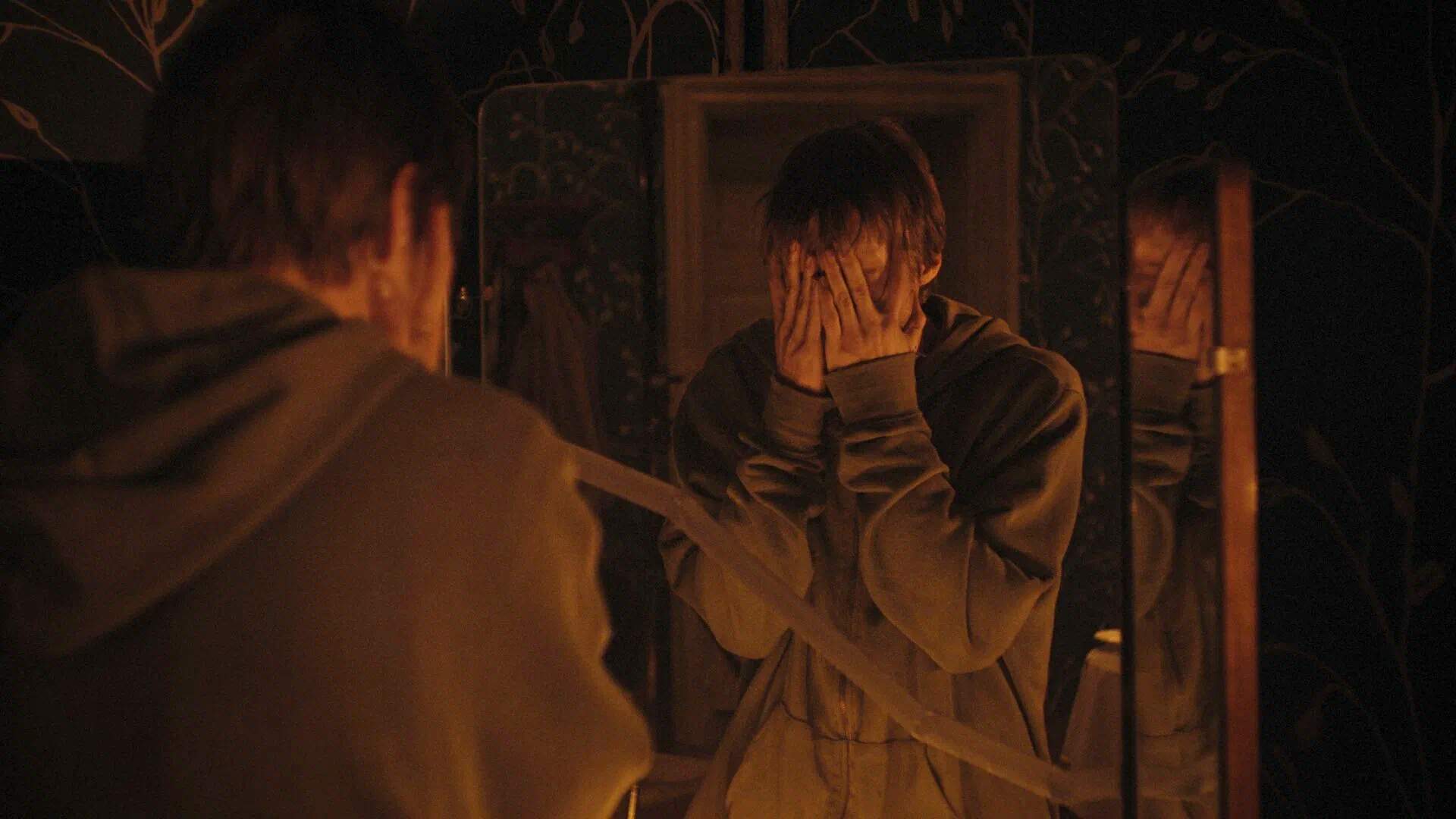Inside Murder: Is Crime and Punishment worth watching?

In the online cinema "Kinopoisk" released the second part of the most discussed series of the fall - "Crime and Punishment", in which director Vladimir Mirzoyev gave the classic text of Fyodor Dostoyevsky's novel a modern facet. The experiment caused mixed reactions from both viewers and critics, and the controversy about the series is not subsiding. "Izvestia" watched the final episodes and for those who doubt, briefly tell whether it is worth it to finish watching. And, as ridiculous as it may sound in the context of the adaptation of a classic novel, we warn: careful, spoilers!
Rodion Raskolnikov's very sad finale
Unlike the external changes of Sonia Marmeladova (at some point Diana Enakaeva, who played her, "becomes" Alyona Mikhailova) Rodion Raskolnikov is still played by Ivan Yankovsky. He continues to hang around the streets of St. Petersburg and plays the "joker" card in front of the investigators who are trying to solve the murder of the old protsentritsa - Zamyotov, Razumikhin and Porfiry Petrovich.
The serial Raskolnikov, unlike the book, is completely devoid of the charming madness of the young philosopher, with naive youthful confidence claiming to be exceptional. All eight hours and 40 minutes we look at Ivan Yankovsky and wait to see what he will offer us, what he will surprise us with. He, in turn, decides to fall into greater madness with each episode. Raskolnikov is always shouting, throwing himself at passers-by, continuing, but less often, to have conversations with the ghostly Shadow and again dancing naked in an empty courtroom.
But he does not give the impression of a thinking, reflective and deep person. In the second half of the series, he ceases to be a central character at all. The focus shifts to the drama between Dunya Raskolnikova, Pyotr Luzhin, Arkady Svidrigailov and Dmitry Razumikhin.
The punishment for the crime committed, of course, catches up with Raskolnikov in the finale, but it happens somehow unnecessarily. We feel neither his fall nor his ascent. Nor are the brilliant wit and insight of Raskolnikov's opponent, Porfiry Petrovich, revealed. Their sparkling dialogues from the novel are not transferred to the screen, as if the director is not too interested in this conflict.
In the final scene, unlike in the book, the serial Raskolnikov settles the score with his life in front of the investigator. By the way, this idea is planted on the hero by Porfiry Petrovich himself.
Even the Shadow leaves the hero in the dark
The most unexpected character in the first series of "Crime and Punishment" was pursuing the main characters conditional Jungian Shadow in the performance of Boris Khvoshnyansky. In fact, the Shadow migrated from another of Dostoevsky's novels, The Brothers Karamazov. Raskolnikov's alter ego appeared in order to relieve the viewer of the tedious internal monologues of the protagonist. But if in the first episodes the Shadow constantly puts Raskolnikov out of balance and literally pushes him to kill the old protsentratschitsa, in some places even pulls the blanket over himself, then at the end of the series it disappears. For lack of need? Or did they just not think of what to do with her next? We don't know.
"Viral" Victoria Tolstoganova
No less than Raskolnikov, in the series is allotted time to the Marmeladov family. Rodion first meets with Sonya after the death of her father. Here the creators practically do not depart from the source material - it is Sonya Raskolnikov in the final episodes reveals his terrible secret. However, if in the novel her sacrificial love nurtures a new life in him, Mirzoyev's ending is sad, as well as Sonya's stepmother Ekaterina Ivanovna, played by Victoria Tolstoganova. The woman, who has never escaped poverty, deeply unhappy and sick with tuberculosis, drops dead in the park. However, before that she still manages to sing and dance the song "There was a cockroach in the world...". This is already a reference to Dostoevsky's novel "Besy". In any case, the scene runs the risk of "curling up" and being shared as memes in industrial Telegram channels. But not every viewer will wait for it.
Visual aesthetics
The series still recognizes Vladimir Mirzoyev's signature style: a lot of metaphors, a lot of naked women's bodies, a lot of the very Mirzoyev's "khtoni", which makes you remember another project of the director with Yankovsky in the lead role. In a sense, these are twin projects. The director himself emphasizes that his "Crime and Punishment" takes place in the space of dreams, but such an experiment only confuses the audience. In the visual realization Mirzoyev is assisted by cameraman Matvey Stavitsky. If you have dreamed of seeing how the visual aesthetics of the films of Nicholas Winding Refn and Wong Kar-Wai looks together with the dirty streets of St. Petersburg, then this is an argument "for" to finish the series.
To find in the new "Crime and Punishment" Dostoevsky, despite the desire to use classic phrases from the book in the speech of the characters, is quite difficult. But perhaps this is what Vladimir Mirzoyev wanted, making his series even too niche. On the other hand, for many it is another example of how not to transfer the classics to the fabric of modernity. And whoever decides to do it again will have a harder time defending his right to do whatever he wants with the source material.
Переведено сервисом «Яндекс Переводчик»





